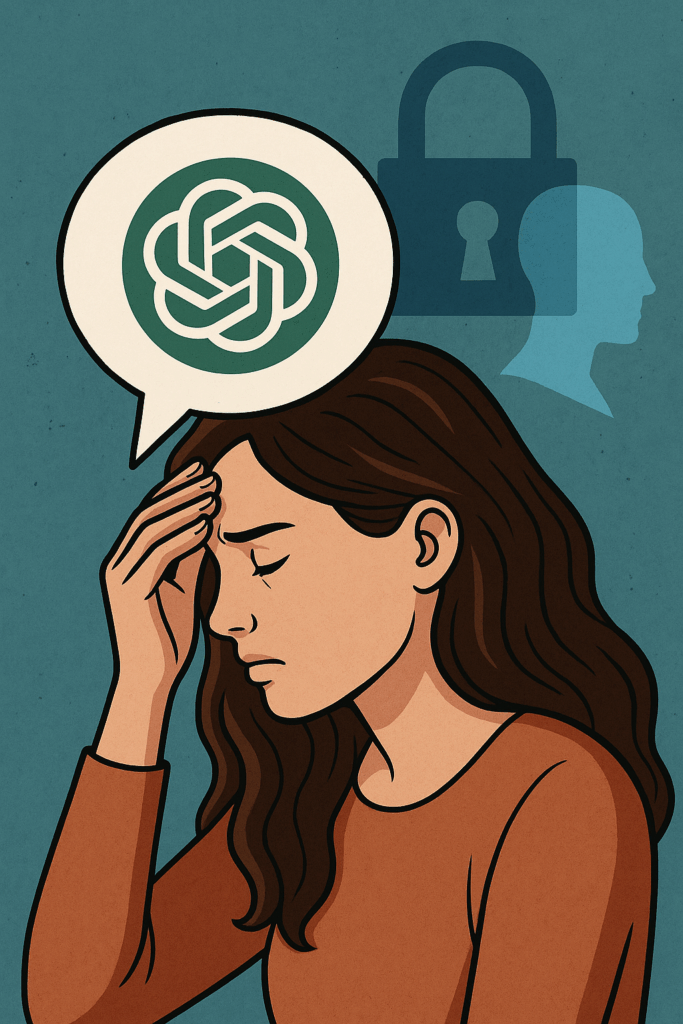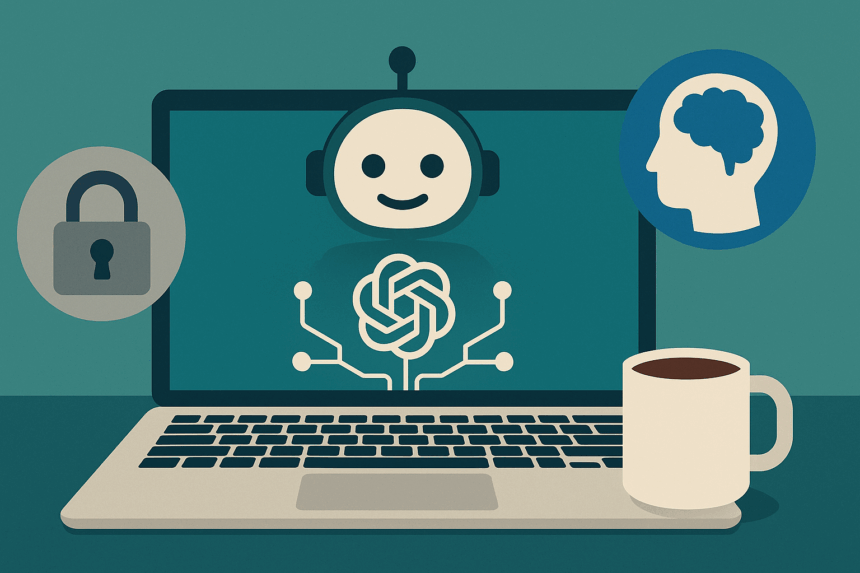ChatGPT continues to evolve as a popular tool for everything from casual chats to deep personal discussions. However, recent warnings and updates highlight critical concerns about data privacy and mental health. OpenAI CEO Sam Altman warns users that conversations with ChatGPT could be used in legal cases, while OpenAI introduces new features to prompt users to take breaks and improve responses for emotional distress. The developments show how AI chatbots maintain usefulness with responsibility.
What’s Happening & Why This Matters
OpenAI CEO Sam Altman cautions users against relying on ChatGPT for sensitive therapy or legal counsel. Unlike doctors or lawyers, chats with ChatGPT lack legal confidentiality and could be disclosed in court. Due to ongoing lawsuits, OpenAI must retain all conversations, even deleted ones, raising serious privacy concerns.

Altman compares AI conversations with traditional legal privileges like doctor-patient confidentiality. He stresses the urgent need for clear legal protections for AI chats, saying users deserve “privacy clarity before you use [ChatGPT] a lot.”
To address mental health concerns, OpenAI adds gentle break reminders during long ChatGPT sessions. The chatbot asks if users want to pause, promoting healthier usage. If users choose, they can continue chatting.
OpenAI also changes how ChatGPT handles “high-stakes personal decisions.” Instead of giving direct advice on topics like relationships, it now encourages users to weigh pros and cons thoughtfully.
OpenAI collaborates with mental health experts and human-computer interaction researchers to improve ChatGPT’s recognition of emotional distress and to avoid harmful responses. This effort responds to troubling incidents where ChatGPT worsened mental health or gave dangerous suggestions.
Despite ongoing challenges, OpenAI commits to ChatGPT’s ‘better’ behaviour, including rolling back earlier updates that made the chatbot overly flattering or inappropriate.
The changes underline what AI companies must achieve — offering helpful, engaging chat experiences while protecting users’ privacy and mental wellbeing.
TF Summary: What’s Next
ChatGPT’s privacy and mental health issues prompt both caution and innovation. OpenAI’s new break reminders and refined response methods show progress. Legal clarity on AI conversation privacy remains critical.
Users should stay mindful of what they share with AI and follow updates. OpenAI works with experts to make interactions safer and more responsible.
— Text-to-Speech (TTS) provided by gspeech


